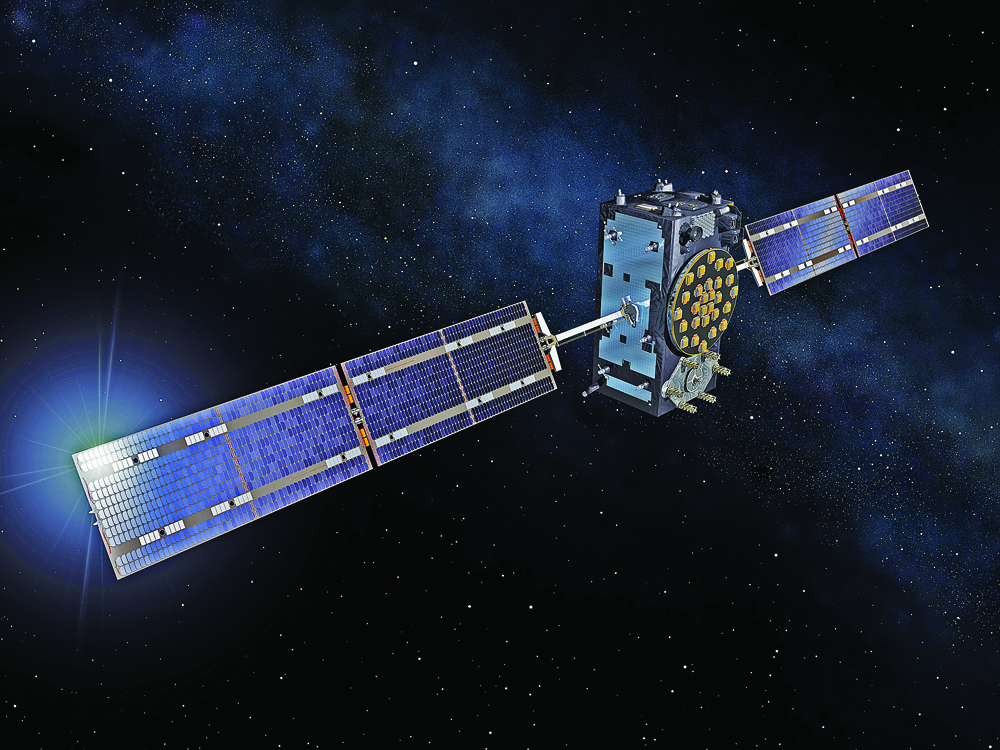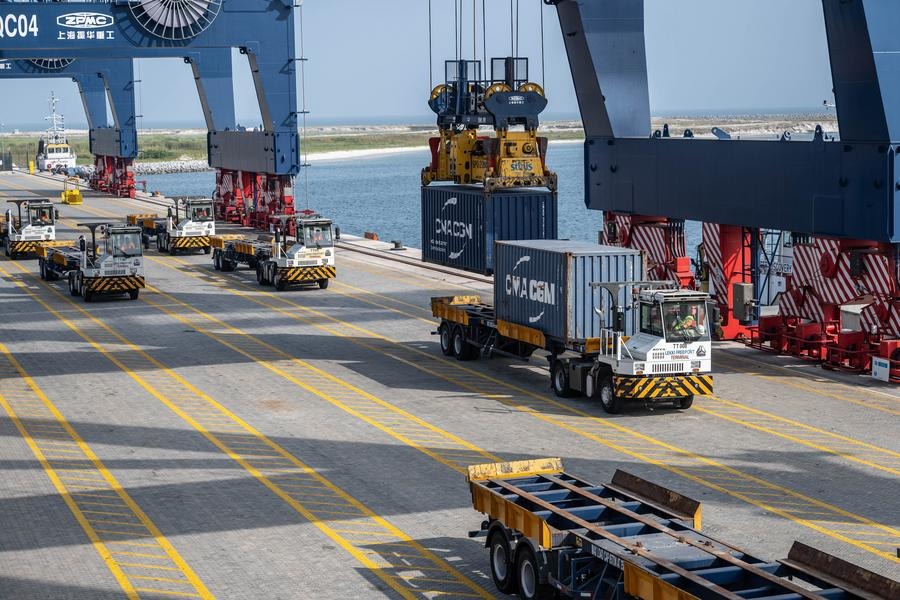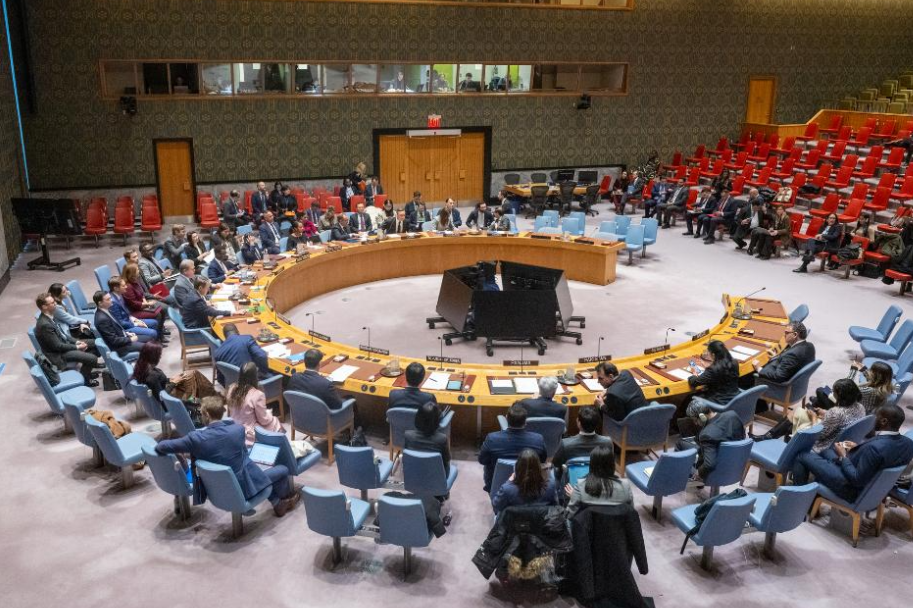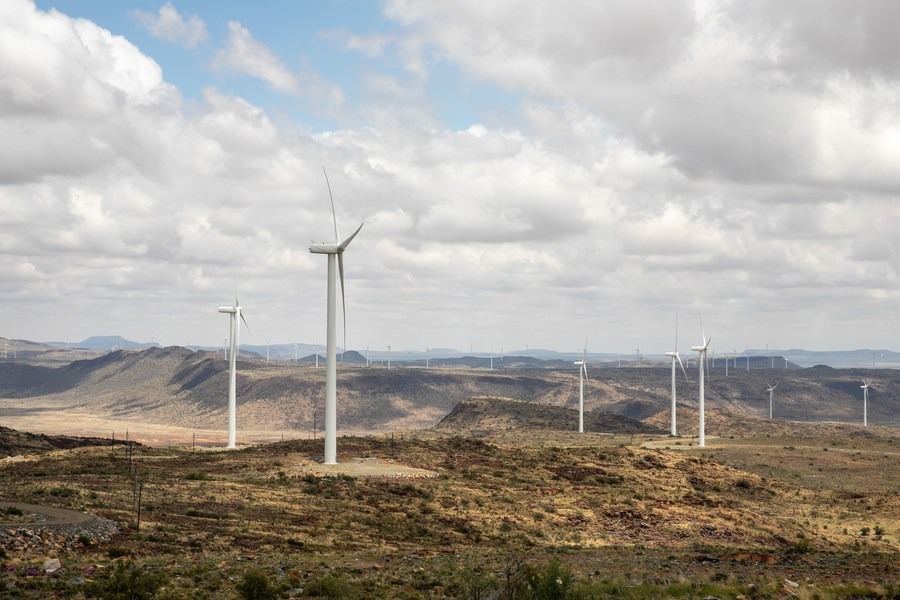Brexit may leave UK space industry out in the cold

Heads of aerospace companies warn exiting the EU could spell disaster for the nation’s space program

This month, an exchange between a tech mogul and the United Kingdom government reminded Brits that few realms are safe from the effects of Brexit – not even space.
Will Marshall, one of Britain’s most successful space entrepreneurs, delivered a withering assessment of the UK space industry’s prospects once the country leaves the European Union.
Brexit is an act of “galactic-scale stupidity”, according to Marshall, whose California-based company Planet has launched close to 300 imaging satellites into orbit.
The former NASA scientist wrote in a blog entry that, post-Brexit, “no CEO will consider the UK a location to put a space company”.
He said leaving the EU will make the UK space sector “less secure, less financially stable, and adrift”.
“I wish politicians would come back down to Earth: Brexit is a folly of great proportions that can and should be reversed,” he wrote. “With Brexit, the UK will be a country lost in space.”
Prior to Marshall’s comments, Tom Enders, chief executive of the UK’s largest aerospace company, Airbus, expressed a similarly grim outlook.
“The UK’s aerospace sector now stands at the precipice,” he said in January. “Brexit is threatening to destroy a century of development based on education, research, and human capital. Please don’t listen to the Brexiteers’ madness, which asserts that, because we have huge plants here, we will not move and we will always be here. They are wrong.”
The UK Space Agency, which is also known as the UKSA, responded to Marshall by saying his dim view of the industry’s future was a minority opinion.
“We have an excellent track record of working closely with the sector to drive growth, create jobs, and collaborate with partners in Europe and the rest of the world,” a UKSA spokesperson said. “This will continue once we leave the EU.”
The UKSA said its view was backed up by a recent survey that found confidence in the sector, with 73 percent of organizations expecting income growth throughout the next three years, and 48 percent of those companies expecting that growth to be more than 10 percent higher than in the previous three years.
The workforce is also expected to grow, with 93 percent of organizations predicting their number of jobs in the sector will either grow or stay as they are, according to the UKSA.
Mitigating Brexit’s impact on the UK space industry is a major concern for the government.
Despite the fact that the UK hasn’t launched a rocket into orbit in almost 50 years, the nation has a vast space industry.
There are 948 space-related organizations in Britain that support 41,900 jobs and generate 15 billion pounds ($19.9 billion) in income a year, according to the UKSA.
British companies produce 40 percent of the world’s small satellites, and the UK has invested 1.26 billion pounds into the EU-controlled Galileo satellite navigation system that is expected to go live next year. Galileo is Europe’s answer to the GPS system designed by the United States. And it is with Galileo where the effects of Brexit have already been keenly felt.
In a white paper on its future relationship with the EU, the UK government expressed a strong desire to maintain its partnership in the project.
“The UK’s continued participation in Galileo is in the mutual interests of the UK and the EU, benefitting European competitiveness and security,” the government said. “An end to close UK participation would be to the detriment of Europe’s prosperity and security and could result in delays and additional costs to the program.”
But the European Commission feels differently, saying it would “no longer be appropriate” for Britain to take part in the Galileo project after Brexit because the involvement of a non-EU member could pose a “security threat”.
This has led to a breakdown in the normal order of operations in the European space industry.
Contracts that traditionally would have gone to well-established British space companies are increasingly going to businesses in other EU nations.
Airbus used to maintain the ground control system for Galileo, but the company missed out on a 250-million-euro follow-up contract last year that went instead to a company in Spain.
“If there is a no-deal Brexit, we at Airbus will have to make potentially very harmful decisions for the UK, which would be ironic, as back in the mid-1990s it was UK industry that were the architects and creators of European aerospace integration,” said Enders, the Airbus chief executive.
In November, UK-based Surrey Satellite Technology, which supplies hardware for Galileo, announced it would have to move part of its operations to the European continent because it would be unable to carry out classified testing on navigation equipment on British soil.
Outside of Galileo, the UK may not be able to contribute to three other crucial space projects because of Brexit.
The earth monitoring program Copernicus Earth is coordinated by both the EU and the European Space Agency, which is known as the ESA.
Britain will still be a part of the ESA post-Brexit, but the UK government has warned businesses and researchers that they may be prevented from bidding on any work on Copernicus, as was the case with Galileo.
The same goes for both Govsatcom, which is a plan to upgrade Europe’s satellite communication network, and the Space Situational Awareness Program, which keeps an eye on solar events and debris in space.
With UK-based space companies increasingly worried about finding work, the UK has responded with plans to build its own satellite navigation system.
The government has already allocated 92 million pounds from its 3-billion-pound Brexit readiness fund for a study to see if a system to rival Galileo is feasible.
It appears that the UK is courting Australia to share the burden of such an ambitious project. In October, both nations signed a memorandum of understanding to co-operate on communications technologies, space situational awareness, and satellite navigation.
According to Marshall, such an undertaking is unrealistic.
“This is pie in the sky: the costs would dwarf the entire UK space budget, all for a system that is redundant, and likely years behind and second-tier to that of its close allies,” he said.
The government has also announced plans to sell more satellites to markets outside the EU. International Trade Secretary Liam Fox said the UK will “use the opportunity of leaving the European Union” to engage more strongly with other nations.
Fox said the UK hopes to secure 1.5 billion pounds in space-related exports following scheduled trade missions to the United States and India.

































